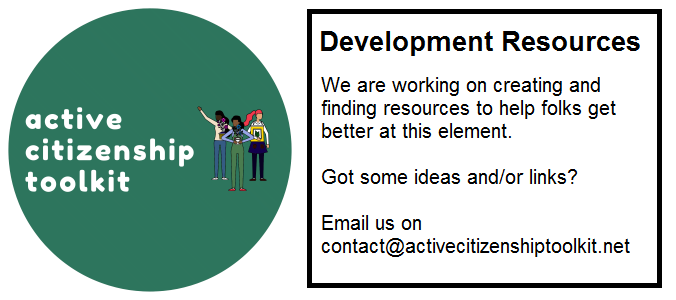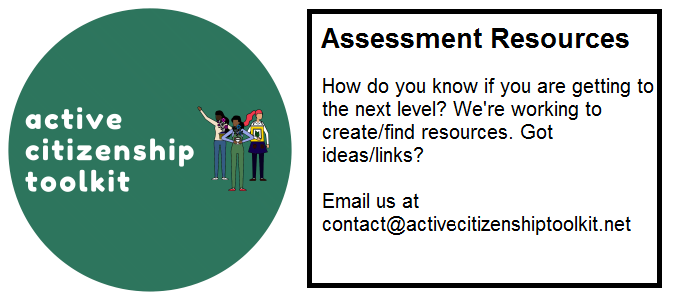Element Descriptor

Most things that we do – either as individuals or groups – require managing a bunch of moving (and shifting) parts, over time, with dependencies and sequencing and complicated stuff. There are project management skills which make this easier rather than harder. Not having them condemns you to wasted time, effort, lessened morale and the likelihood of collapse.
Level descriptors
| Novice | Practitioner | Expert | Ninja |
|---|---|---|---|
| You can manage a single relatively simple and linear project with a small number of moving parts, sub-stages, with people who have done the same kind of project before, without massive time pressures or enemy action | You can manage a complicated or even complex project, with a mix of novice and experienced members, with parameters changing and some significant time pressures and/or enemy action | You can manage a large number of projects both simple and complex where some are very time sensitive and become much more difficult and uncertain than expected, with suddenly less money and time than was initially planned | You manage multiple complex large projects with major uncertainties, inexperienced members of shifting teams in the face of uncertainties and enemy action, where failure will be catastrophic. You can dictate complete bells and whistles smeacs in your sleep, and explain gantt charts on a napkin |
Element Overview Essay
This is a draft. If something doesn’t make sense, or you see typos, or if you have further ideas, please email us on contact@activecitizenshiptoolkit.net
The causes of this thing done badly in non-hierarchical social movement organisations are blindingly obvious. If you think about it for a second, project management skills are not taught to you in school, they’re not taught to you, usually in university or in on-the-job training. And they’re highly sought after so people can charge top whack and then get on the whole hedonic treadmill so aren’t up for the grind of active citizenship. They can be quite complex, because projects are rarely simple, often complicated, and occasionally complex.
So as well as not being taught, the skills, these also smack of control management, bureaucracy, technocracy gasp standards, gasp capitalism. Of course they have nothing to do with capitalism per se, which is a set of social relations and private ownership of the means of production. But people who don’t have project management skills and are nervous of other people who do, and when nervous, may smear project management as capitalistic or bureaucratic.
The consequences of not having project management skills as your projects don’t get managed: if they do succeed, it’s more luck than good judgement. They use up loads of resources that are then not as easily available for future reference. So you’ve not done things efficiently, which cost morale and credibility. And generally, the chances are, that your group is not going to be able to sustain itself for the long haul.The solutions to this problem are one, just to respect project management as a thing. That doesn’t mean you have to buy into the whole ideology of a centre of hierarchical control of discipline and punish in the whole Foucault stuf. But it does mean that the members your group are familiar with and happy with Gantt charts, Ishikawa of fish diagrams and some of the other basic tools, and that your group has at least explored the possibility of using project management software (waves at Asana).
Development Resources

Assessment Resources

